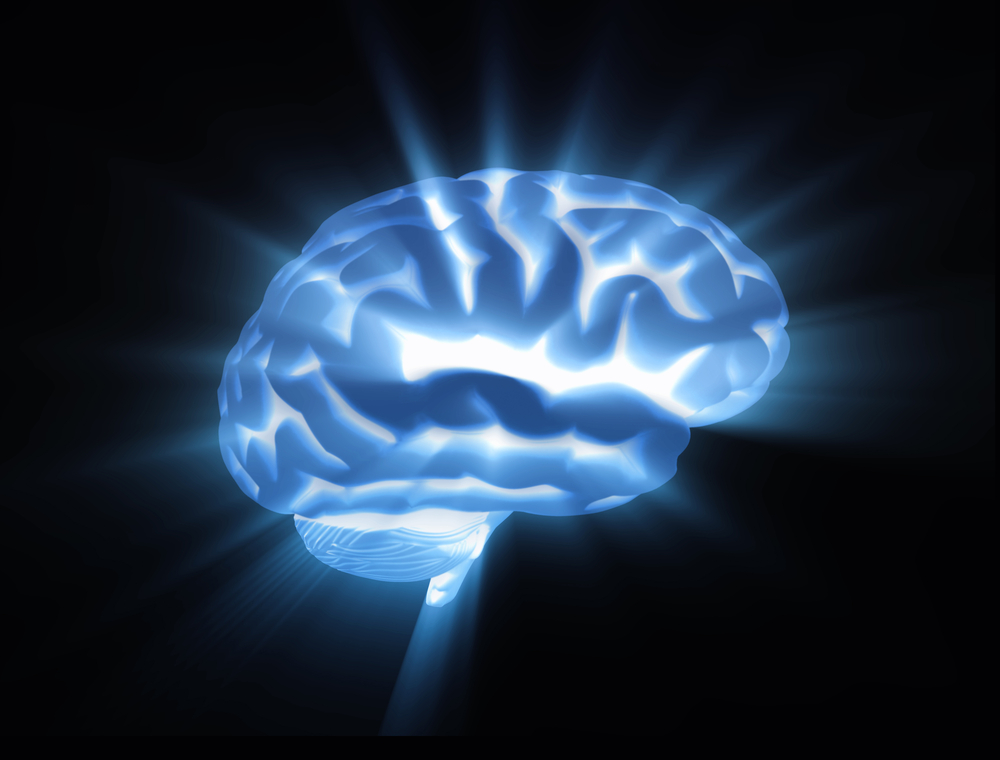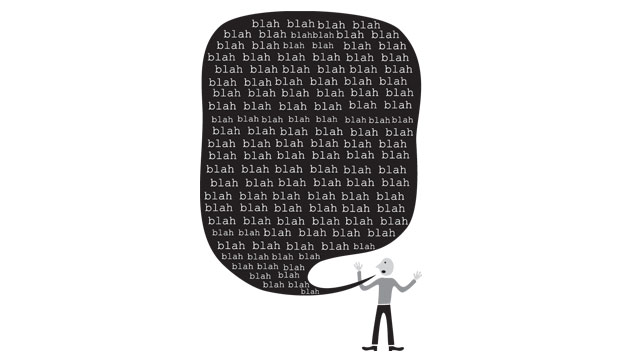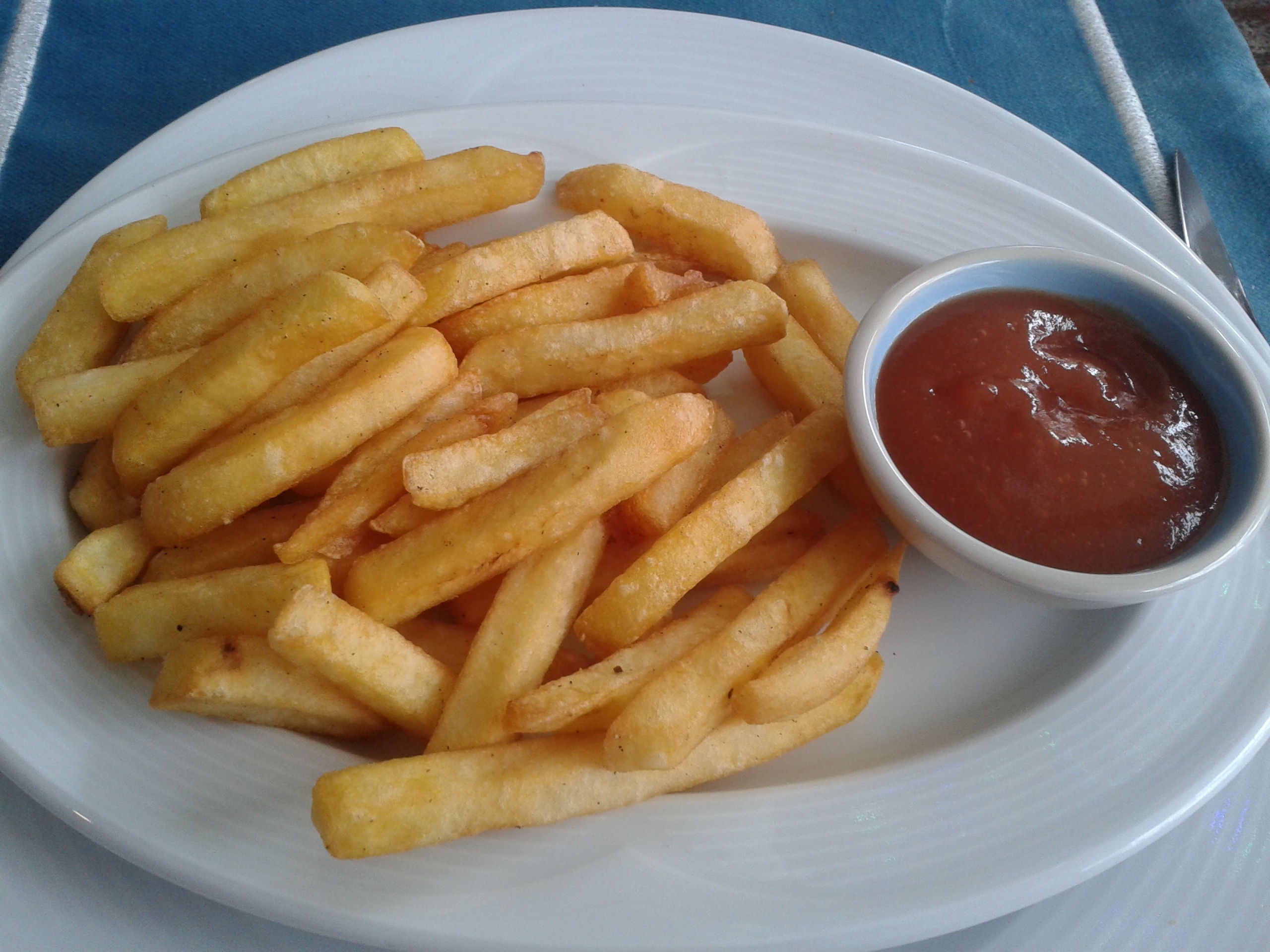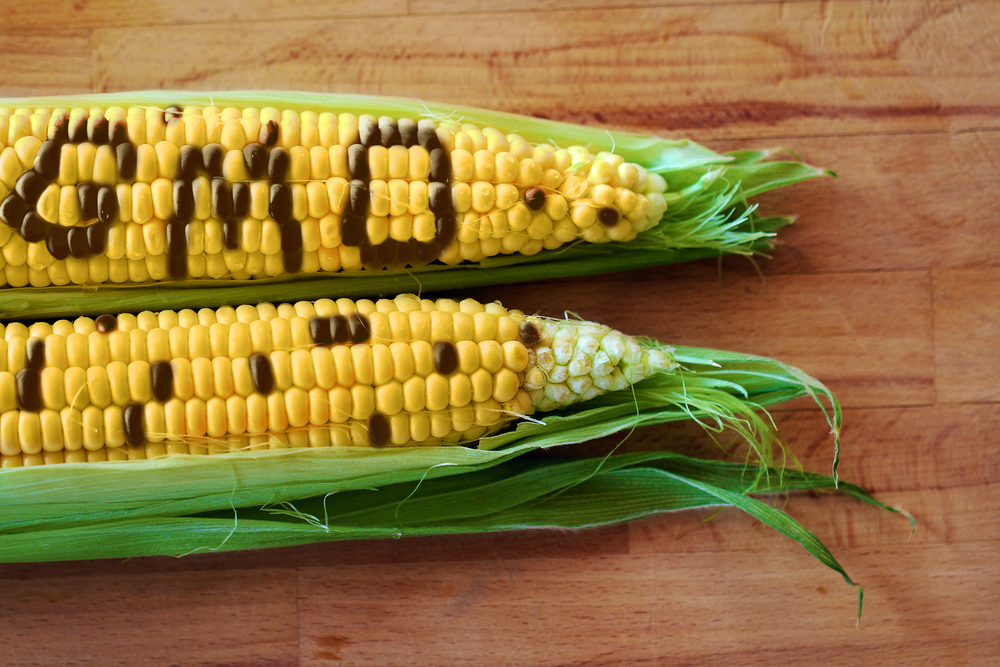Surprising Science
All Stories
According to one expert, a person tends to suffer from “expectation hangovers” when things don’t go their way. Harnessing present disappointment and employing it as a learning tool is key to achieving future success.
If somebody tells you the risk of something is “1 in a million” or “1 in ten thousand” or even “1 in ten”, you still don’t know nearly enough to gauge how big or small that risk actually is. Get more information before you decide how worried to be.
It turns out that creativity resides within your brain’s left hemisphere as well. This was among the findings of a new study determining that creative impulses require activity throughout the entire brain.
A recent study found that supplementing x-rays, MRI, and ultrasounds with a 3D-printed model of a patient’s heart helped surgeons perform delicate procedures to repair severe abnormalities.
Seasonal affective disorder (or, fittingly enough, SAD) is caused by the body’s reaction to the changing times of sunrise and sunset. It’s why some people get depressed in the winter. Luckily, treating it isn’t hard.
The renowned philosopher takes us through the events of his new book, Event: A Philosophical Journey Through a Concept. He explains how an event retroactively creates its own causes and why these elements explain our fear of falling in love.
ABC News Correspondent Dan Harris explains why someone who tells you they’re a good multitasker is lying. In fact, what we perceive as multitasking is really just “doing many things poorly”
Pulitzer Prize-winning biologist Edward O. Wilson draws from Darwinian theory to posit the appearance and characteristics of an extraterrestrial life form. “E.T. is out there,” says Wilson, and their more like us than we may realize.
The way we understand the world is mediated by our five senses: touch, taste, sound, smell, and sight. Right? Well it turns out that humans have more than fives senses.
Scientists at the University of Sussex in Brighton, UK, have demonstrated a nine-week training course that successfully teaches individuals to see letters as certain colors.
Happiness researchers have confirmed the existence of the midlife crisis beyond popular myth, and they have developed theories for why our contentment with life follows a “U-curve”.
Looking down at your phone to read text messages puts a stress on your neck equivalent to tying a 60-pound bowling ball around your head, says Kenneth Hansraj, a New York back surgeon.
Maintaining a low-calorie diet may help you age more slowly, delaying the unsavory aspects of aging like dementia and Alzheimer’s.
A new study demonstrates how headlines can alter how you perceive the content of news articles.
The more you kiss you partner the more identical your mouth bacteria becomes. French kissing for 10 seconds will get the best results, according to a recent study.
The momentousness of certain situations can undo us.
Companies fear, and GMO opponents hope, that labels on food will scare consumers away. But more and more research indicates that isn’t what happens.
IBM’s talented and versatile Watson supercomputer is now about to become your own personal health guru. A new app will harness Watson’s abilities to allow you to obtain health and fitness advice similar to how you get driving directions from Siri.
Winter is coming, bringing along with it an icy chill and one more reason not to go to the gym. But there are a few personal strategies and mental hacks you can employee to get yourself geared up for your workout.
Humans weren’t a part of the mosquito’s diet thousands of years ago, and researchers have isolated the genes to prove it.
The president of Iceland explains the secret to the Nordic countries’ recent economic and social success. Social welfare programs such as free access to education and healthcare have proved to be a boon to the free market economy.
Sam Harris: The Self is an Illusion Sam Harris describes the properties of consciousness and how mindfulness practices of all stripes can be used to transcend one’s ego. Ray Kurzweil: […]
A week from today, researchers will gather for a neuroscience conference in Washington D.C. titled “Gut Microbes and the Brain: Paradigm Shift in Neuroscience.”
A technology startup plans to market a smart phone accessory that will allow you to zap your brain with an electrical current, helping you feel energized or relaxed, depending on your needs.
According to a new study, people want to be interested in brain science – but don’t act on that desire – or don’t get the chance.
Staying up late and waking up late may seem to be popular trends among teens everywhere, but there’s biology to back up this sleep cycle as a norm that school gets in the way of.
A hybrid potato that can reduce food waste and eliminate a suspected carcinogen in cooked potato products would seem to be an environmentalist’s dream. But the hybrid was created using biotechnology to blend potato genes from different varieties, so opponents of genetically modified food are fighting to keep this potentially beneficial product from ever reaching consumers.
A new scientific study out of Germany confirms that growing genetically modified crops is good for national economies as well as farmers’ wallets, allowing more crops to be grown on less land.
If you’ve got a friend or family member who practices medicine, asking them for advice can feel like an easy alternative to visiting a doctor. But sometimes those requests for help cross a line that doctors aren’t keen to approach.
Feeling blue this week? Chances are you’re a Democrat. I was so addled by the Republican sweep on Tuesday that I could not so much as glance at the front […]




























